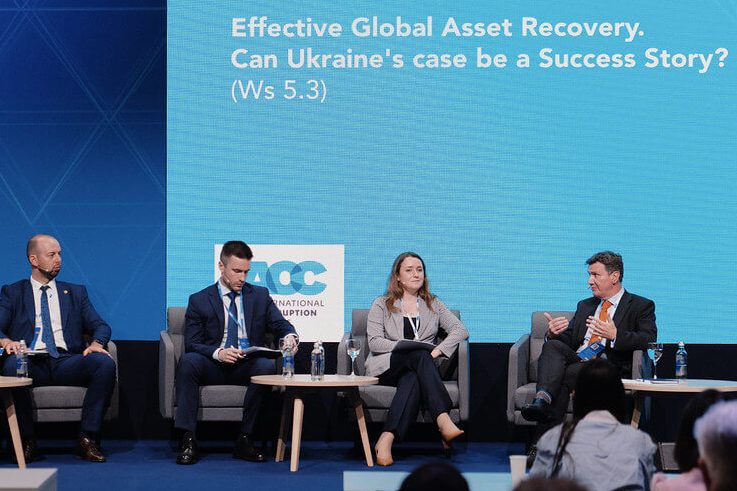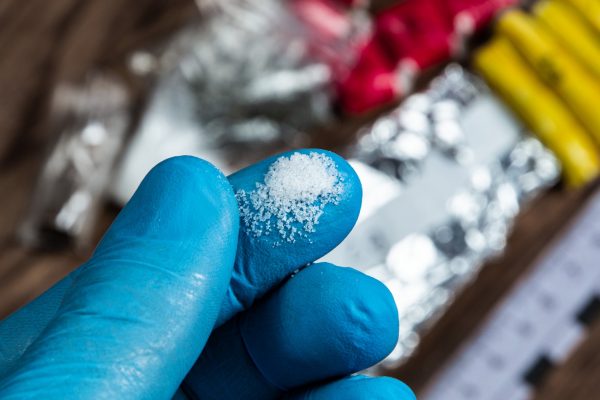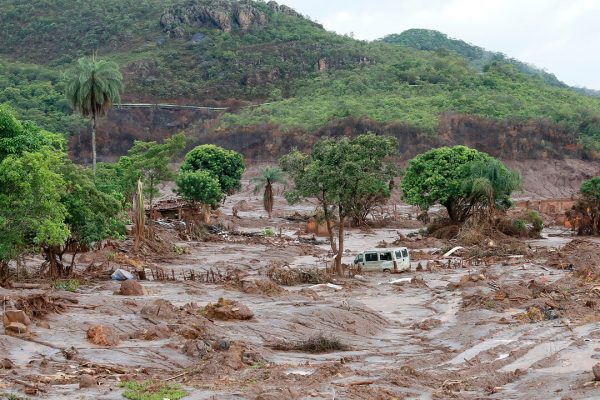Asset recovery has become essential in the global fight against corruption. By tracing, freezing, confiscating and repatriating stolen assets, nations can fund development and public services while deterring corrupt activities. This process deprives corrupt individuals of their illicit gains.
Countries have adopted various strategies with varying success. Switzerland has excelled in asset recovery, returning to Nigeria US$700 million allegedly stolen by former dictator Sani Abacha. Nigeria has also been active, collaborating with organisations like the World Bank’s Stolen Asset Recovery Initiative (StAR) to reclaim millions for social programmes.
The 2024 International Anti-Corruption Conference (IACC) in Vilnius highlighted these issues. During a panel on Effective Global Asset Recovery, experts discussed challenges in asset recovery, using Ukraine and Latvia as examples. Jonathan Spicer, Senior Asset Recovery Specialist at the Basel Institute on Governance, noted the sophisticated methods criminals use to hide assets.
“[People who are conducting bribery] hide assets within the name of companies, within offshore locations, underneath trusts, in all sorts of different corporate structures that make it more difficult to trace where those assets have gone to,” he said. “So when countries have got a low capacity in terms of investigating these cases and tracing the assets, that can be a really big issue to start off with.”
A recent report from the Institute of Legislative Ideas highlighted Ukraine’s progress in passing anti-corruption laws. However, the enforcement and practical application of these laws have faced significant obstacles, particularly due to interruptions caused by the ongoing war with Russia. These hurdles pose serious threats to corruption prevention and asset recovery.
In March, Ukraine’s Asset Recovery and Management Agency (ARMA) revealed its operational outcomes for the first time, detailing achievements in 2023. The agency seized only 3,078 assets in 2023, compared to 14,161 in 2022 and 14,092 in 2021, showing how global attention and support for its war with Russia has not translated to easier asset recovery.
In Africa, Zambia has also made headlines with high-profile asset recovery cases, successfully recovering properties and funds linked to former officials involved in corruption. Recently, the National Prosecution Authority (NPA) recovered K777 million (approximately US$30 million) through forfeitures related to high-profile financial crimes.
However, assets being retrieved does not mean they will be put to good use. The Zambian government had assured the public that recovered assets would be redirected towards social services and development projects. However, recent allegations arose about forfeited funds amounting to approximately US$2 million going missing. Shortly after, the Ministry of Finance dispelled these claims, assuring the public that the funds were disbursed to the Higher Education Loans and Scholarship Board (HELSB) through the Ministry of Education, sponsoring 2,780 students’ educational aspirations.
Critics in Zambia have questioned the heightened asset recovery agenda, fearing it has been prioritised over prosecutions. During the launch of the National Policy on Anti-Corruption in May, President Hakainde Hichilema stressed the importance of combining asset recovery with the imprisonment of corruption perpetrators, stating that the judiciary ought to jail perpetrators appropriately.
“The fight against corruption requires a clear, succinct, and holistic policy to strategically curb this negative vice. We must ensure that those who steal from the public face the full consequences of their actions,” said Hichilema.


